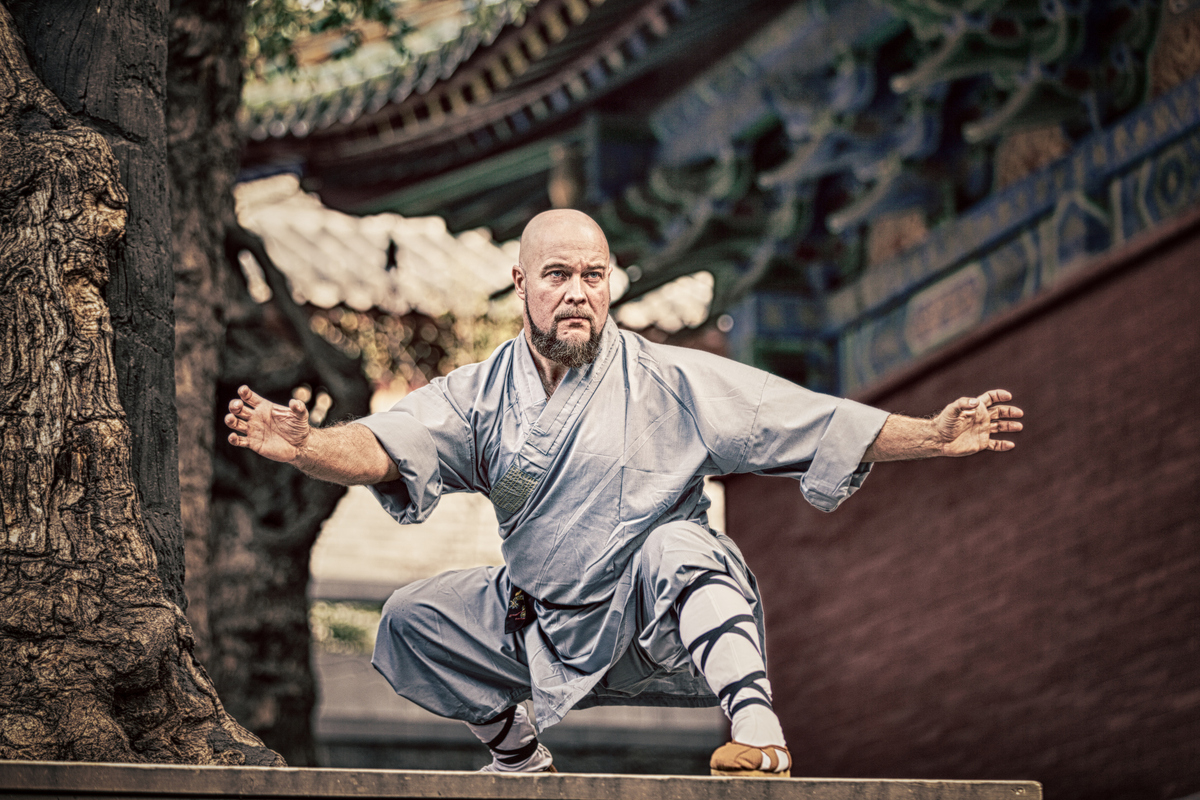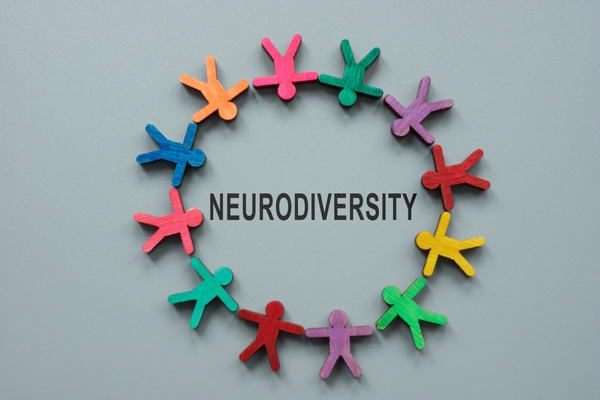American View: Thinking about irrational behaviour through a (browser) window to the past

I finally closed a browser window this morning. I’ve been keeping this particular window open for two years. It was an online obituary. My father’s obituary, specifically, from 2023. I’m not sure why I was so averse to closing the window. I didn’t need it for anything, as I’d saved a copy of it as soon as it posted. It was just … I couldn’t bring myself to click that “close widow” button.
People are weird. As much as we love to lie to ourselves and claim that we’re mature, rational thinkers, most everyone – you included! – is an overgrown child cosplaying as society’s model of an “adult.” We constantly lie to one another, presenting a façade of maturity and false confidence. Inside, though, we’re not nearly as sophisticated as we’re told we’re required to be.
From a security professional’s perspective, it’s important to keep that idea in mind when trying to ascribe motive to a user’s seemingly wilful violations of security policy. We’re too quick, I believe, to attribute to deliberation what probably happened out of unconscious reflex. We’ve been conditioned growing up to assume that adults – all adults, ourselves excepted – are thoughtful, logical, and committed to pursuing one’s essential self-interest. We’re supposed to be robots-wearing-trousers, not loony-meat-bags-hobbled-by-delusions-of-grandeur.
That’s a myth, though. We’re not automata; we’re products of lived experiences distorted by immature perspectives. Our formative memories shape us (hence the term) but it’s not a one time thing. Those memories continue to interfere with our squishy pseudo-logic long after they’ve outlived their relevance. That’s how we get our “baggage,” in therapist speak. Baggage being those beliefs, biases, and impediments that prevent us from living up to our theoretical potential. Those memories and beliefs are always mucking about under the bonnet, so to speak, sabotaging our efforts at playing our “adult” role. We’re forced to fight ourselves just to get on.
I was pondering that over coffee this morning. Specifically, I tried interrogating myself on why I’ve been acting so childish regarding that bloody browser window. I considered my somewhat distant relationship with my father (especially in his later years) and wondered what I might learn from how the two of us interacted when we both were younger.

I know from my father’s draft autobiography how he grew. Most of his relatives worked in agriculture. His dad was the clan’s “big shot” because he scored a white-collar job that allowed him to move his family around the Midwest. My father was constantly changing schools and had difficulty keeping friends … but he seemed to have no problem making them.
My father’s favoured technique for ingratiating himself into a new class was to try out for all the new school’s sports teams. He was a fit boy, thanks to his summers working on family farms. More importantly, he had a natural talent for physical activities: he could watch someone else perform a move or technique then repeat it exactly as if he was born knowing it. I saw this firsthand when I was in junior high and high school. I’d studied martial arts since elementary school. My dad joined my dojo four years later and made it to black belt in just three years. It took me two more years to get mine after he earned his. Frustrated the living hell out of me. It was like he’d pulled the “I know King-Fu!” scene from The Matrix in real life. Instant mastery.
That natural talent also coloured how my father tried to teach me sports, fitness, and other physical skills when I was a lad. My father would demonstrate how to throw or catch or kick a ball or swing a bat and then assume that I’d mastered the process from the one example. It frustrated him immensely that I was such a poor learner. It took him a long time to realize that his “instant expertise” skill wasn’t the norm for everyone. I was long gone by the time he experienced that epiphany. We never talked about it, though.
Ironically, his amazing personal talent also proved to be a liability. I didn’t understand that as a kid; I thought my father was the “baseline adult” that I was supposed to become when I grew up … which was impossible. The older I got, the more I thought I was terminally defective.
I started to reconsider that idea at university. I didn’t get into computers as a kid because we couldn’t afford one. I got my formative tech experiences in the university computer lab, after discovering Microsoft Word’s automatic footnoting feature. I got seriously excited about what these beige boxes could do for me. I asked my computer science pals what they could teach me about Word and they were happy to show off. I accepted that I didn’t know squat and wasn’t embarrassed to show my ignorance if it meant I might learn something new.

Years later, I helped my father buy and setup his first PC. He needed it for work but had never made any effort to learn how they worked. I encouraged him to take classes, read articles, and ask questions. To immerse himself in the topic and train himself – like I had – so he could become proficient. He didn’t … ever. My father treated computer operations the same way he had always treated physical activities: as something he would instantly and totally understand after seeing it done once. That never happened; that’s not a thing.
My father spent the rest of his life using computers but never mastered the fundamentals. He couldn’t troubleshoot his problems. Heck, he was almost helpless when things went wrong. There was a good 10-12 year run where my father would ask me and my family to drive up and visit. These requests were ostensibly about staying connected. For my wife and kids that was sometimes the case. I was there, most every time, to fix all my parents’ current computer problems.
I came to resent these requests, as I was thoroughly annoyed that my father hadn’t made any effort to solve his own problems before asking me to take time off work and drive 6-8 hours each way just to do what he should’ve been able to do for himself. I came to realize that he just couldn’t imagine solving these issues himself, as trying always proved infuriating for him. He didn’t have a basic grasp on how the machines worked, so he wasn’t able to think his way through troubleshooting.
I worked out that my father’s impediment was due to a fundamental disconnect in how we each perceived our places in the world. For him, things you did – like playing basketball or using a computer – were simply reflexes to be conditioned. These activities were to be understood intuitively, not slowly developed intellectually. Whereas things you knew – like the neuroscience he’d built his business around – had to be learned academically and couldn’t be understood through flashes of insight. Technology, to my father, was tool-use, not a science. Therefore, the notion of studying computers to grok how the hardware and software worked was a waste of his time. Looking back, my father had always had the same attitude towards his godawful string of poor choices in transportation: in his world, you operated a car like it was an appliance; you didn’t need to understand it to make it take you to work.

Looking back, I must have been the opposite of my father in terms of skill acquisition. I’d always believed that physical skills could only be learned, step-by-step and move-by-move. When my father would yell “just throw the ball” at me, he might as well have been exhorting me to “flornagle the vloom-bloop.” From my perspective, this simple verb wasn’t a single, simple action. There were steps to all of that: how to grip the ball. How to wind up. What angle to throw from. How much power to apply. Where to look. When to let go. How and why to move the lower body when only the upper body should be engaged. Learning sports – for me – felt like trying to play ice hockey while piloting a giant, clumsy, meat mecha: there were too many moving parts for me to keep track of … and I almost always tripped over my own feet trying to accomplish the basics. For me, learning martial arts meant studying each individual angle, motion track, sequence, and weight balance problem of every step in a complicated manoeuvre.
I can’t say how much of our diametrically opposed perspectives on skill acquisition were products of nature or nurture. I’m inclined to believe that we each came to our own approaches based on natural ability rather than conscious thought but I accept that that’s just a guess. However it happened, I regret that I didn’t figure out the heart of our disconnect until it was too late in our relationship to matter.
My father was always disappointed in me growing up. He thought he knew what a successful child looked like, using his own childhood as the ideal: a successful child was fit and active, competitive at sports, and adept at picking up new skills (like music) with little effort. I never conformed to his non-negotiable expectations. Fortunately, my little sister was a born superstar athlete, so my father got one good kid out of two attempts. That let me off the hook in high school so I could hide in my room and read. Woo-hoo.
Anyway, the point of this reminiscence was how it helped me learn to appreciate just how much influence our formative beliefs, biases, and impediments have on us throughout our lives and how they manifest as irrationally dysfunctional logic years after they stopped being useful in our lives. For example, to this day I refuse to join sporting or fitness activities, regardless of whether it’s at or after work. Intramural softball? Recreational bowling? Running clubs? Forget it. I can’t imagine participating inn those sorts of activities without memories of my father’s exasperated disappointment coming back to hassle me.
I finally worked out that closing my father’s online obituary page wouldn’t make a difference. He’s gone. There’s nothing we can do to reconcile our rifts. My memories of his angry disappointment shouldn’t weigh me down now that I’m an adult, but that’s life. Forgetting the past is just something adults magically do according to our lore but it doesn’t work in real life. Remember there aren’t any real adults in society … just overgrown kids trying to pass as “normal” weighed down by their baggage and hoping that no one else notices.

Keil Hubert
Most Viewed
Winston House, 3rd Floor, Units 306-309, 2-4 Dollis Park, London, N3 1HF
23-29 Hendon Lane, London, N3 1RT
020 8349 4363
© 2025, Lyonsdown Limited. Business Reporter® is a registered trademark of Lyonsdown Ltd. VAT registration number: 830519543





